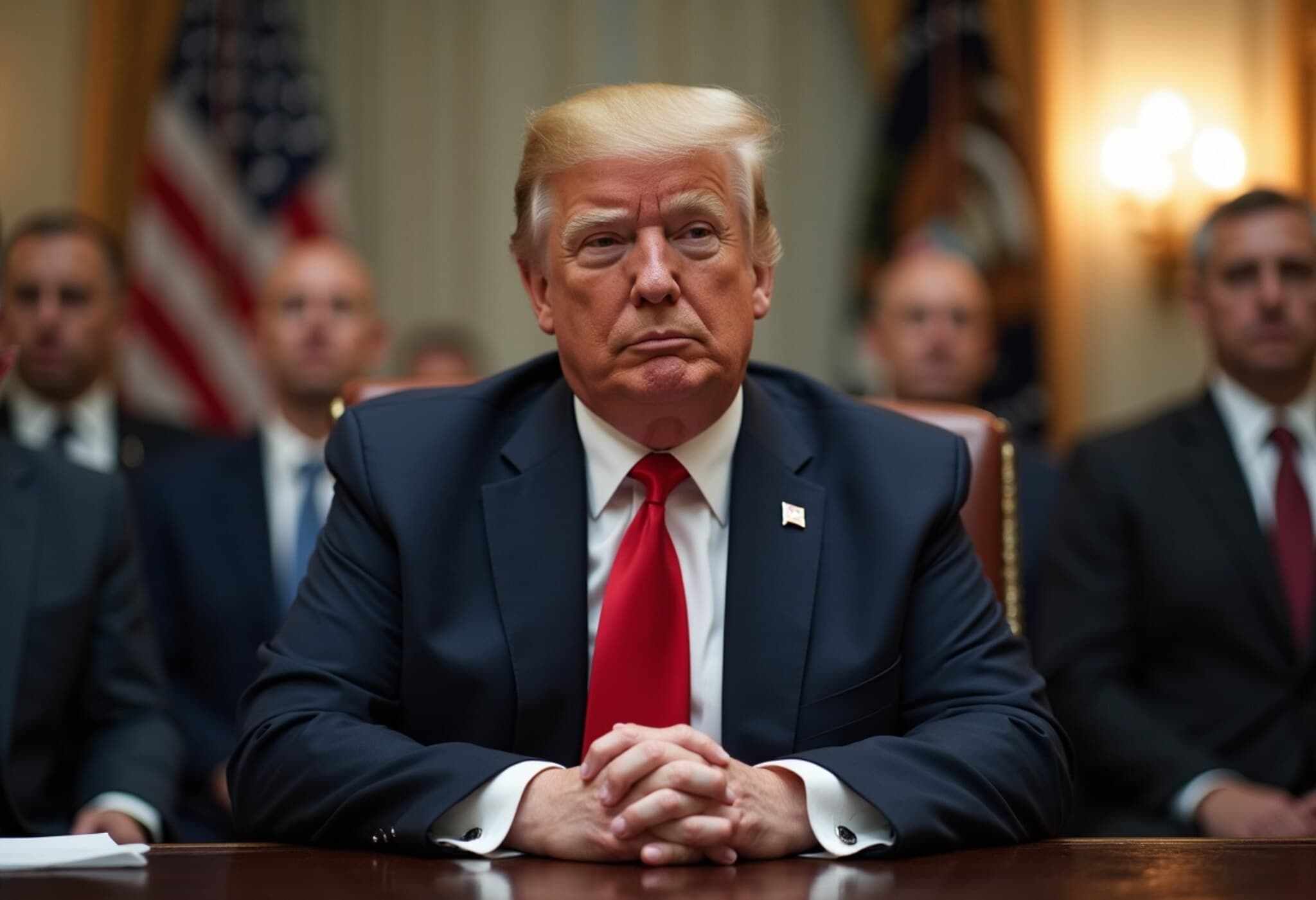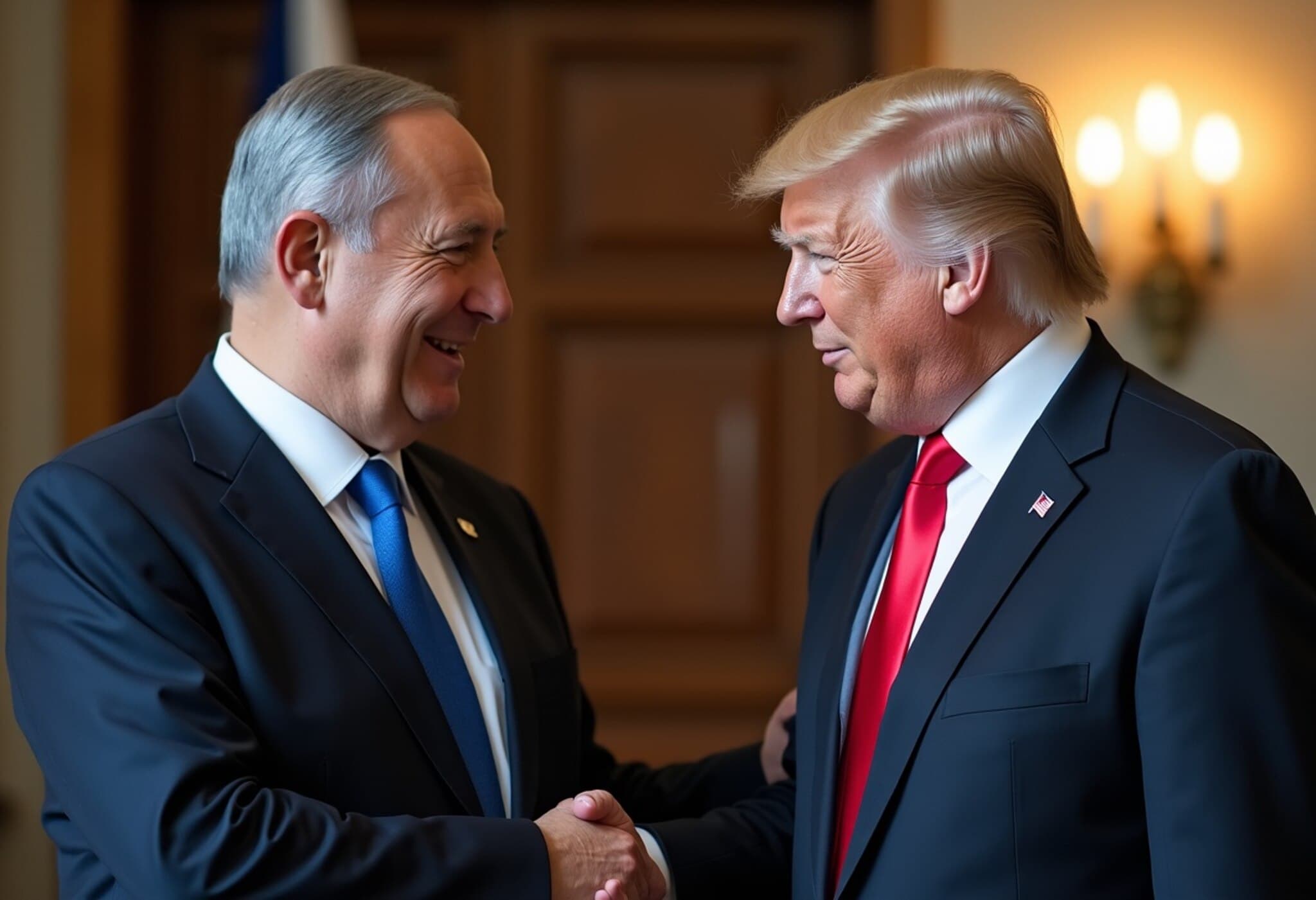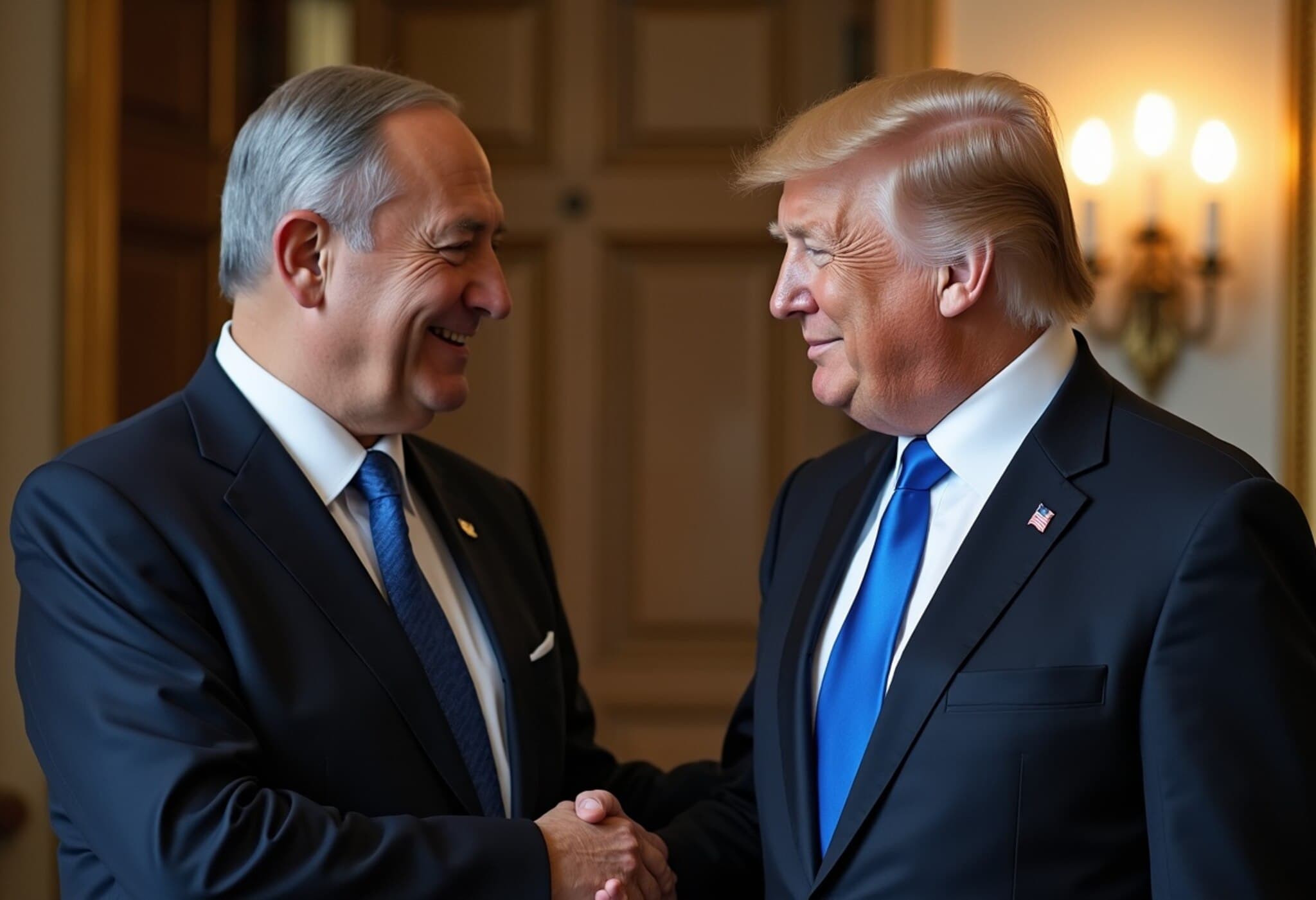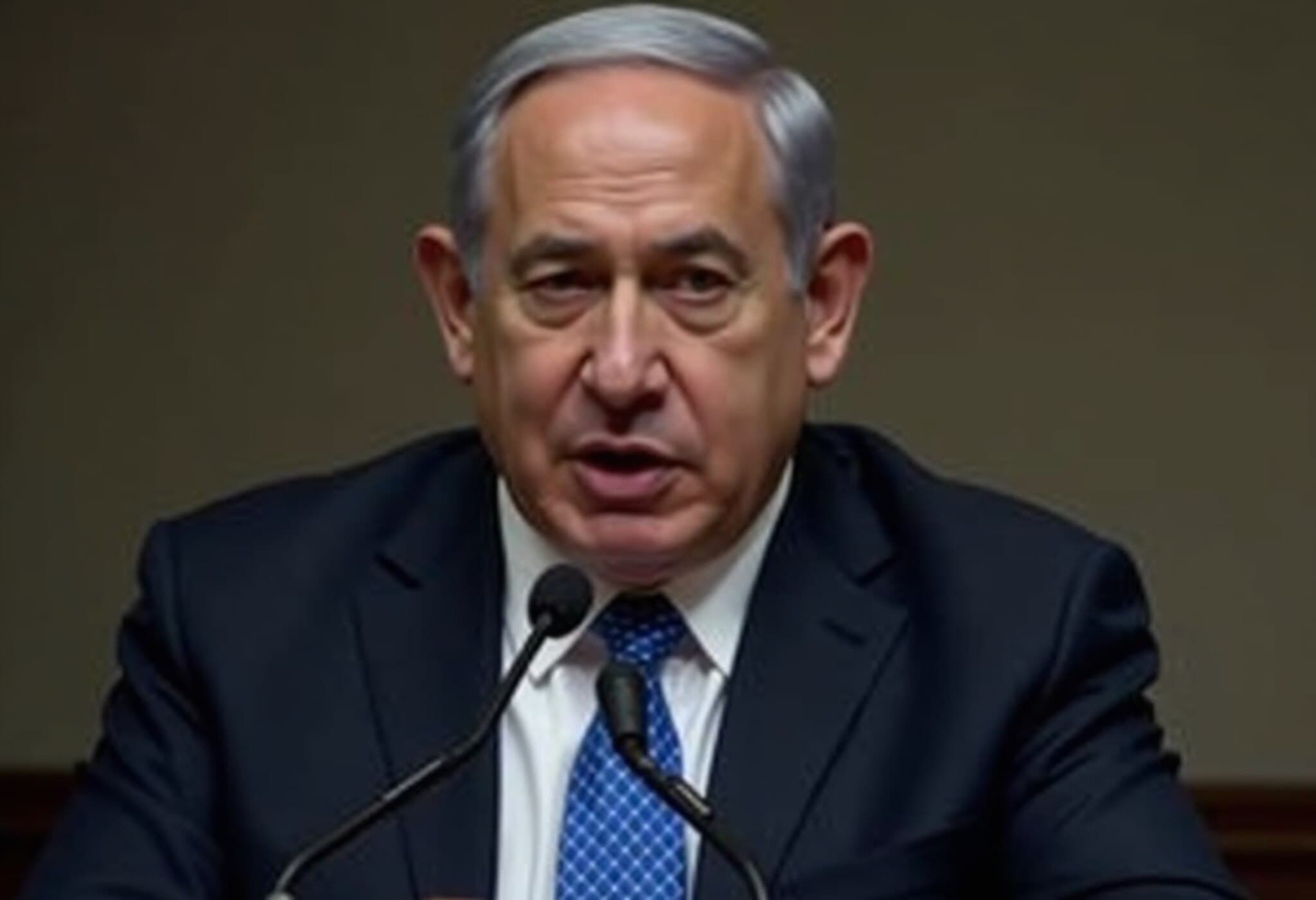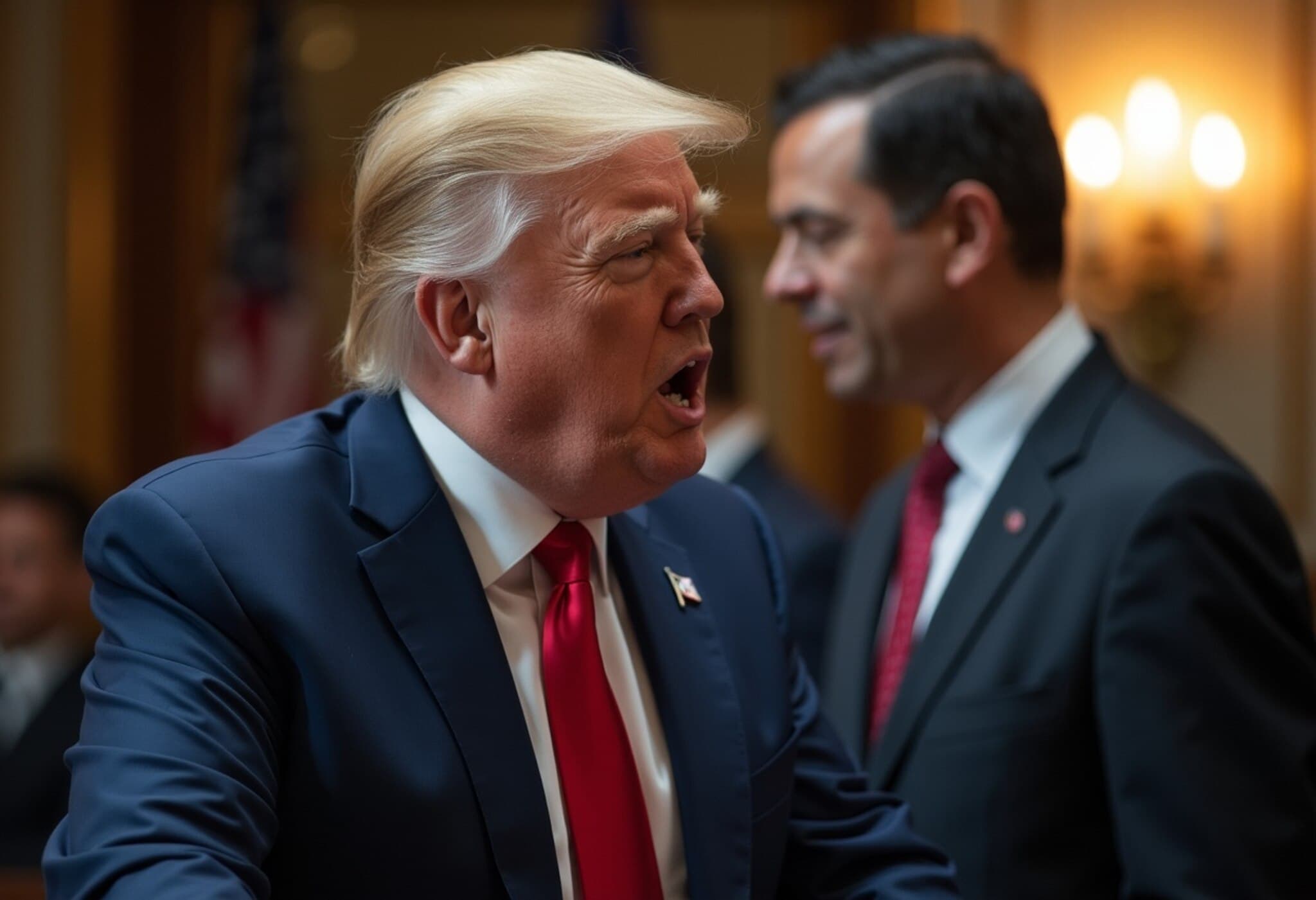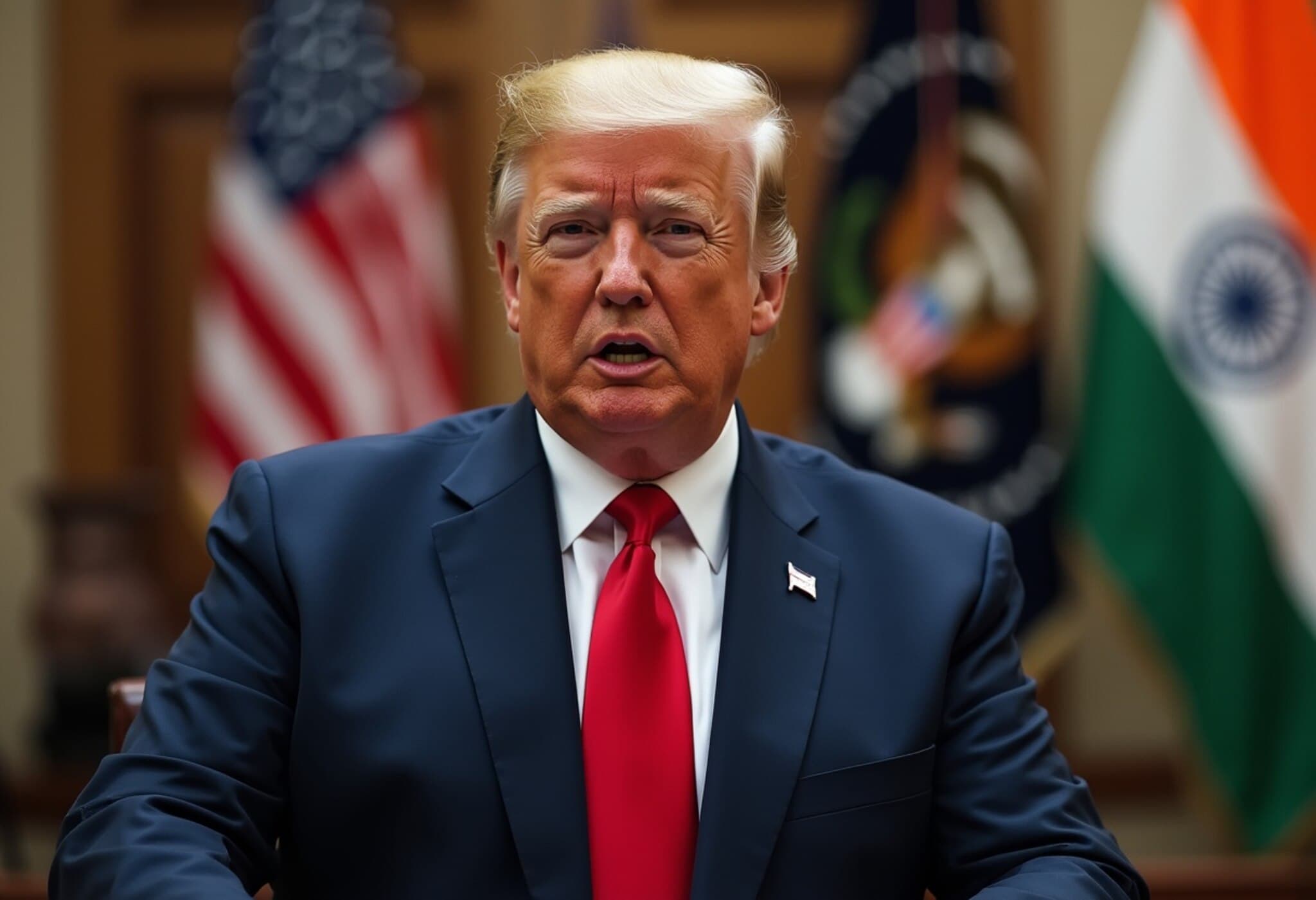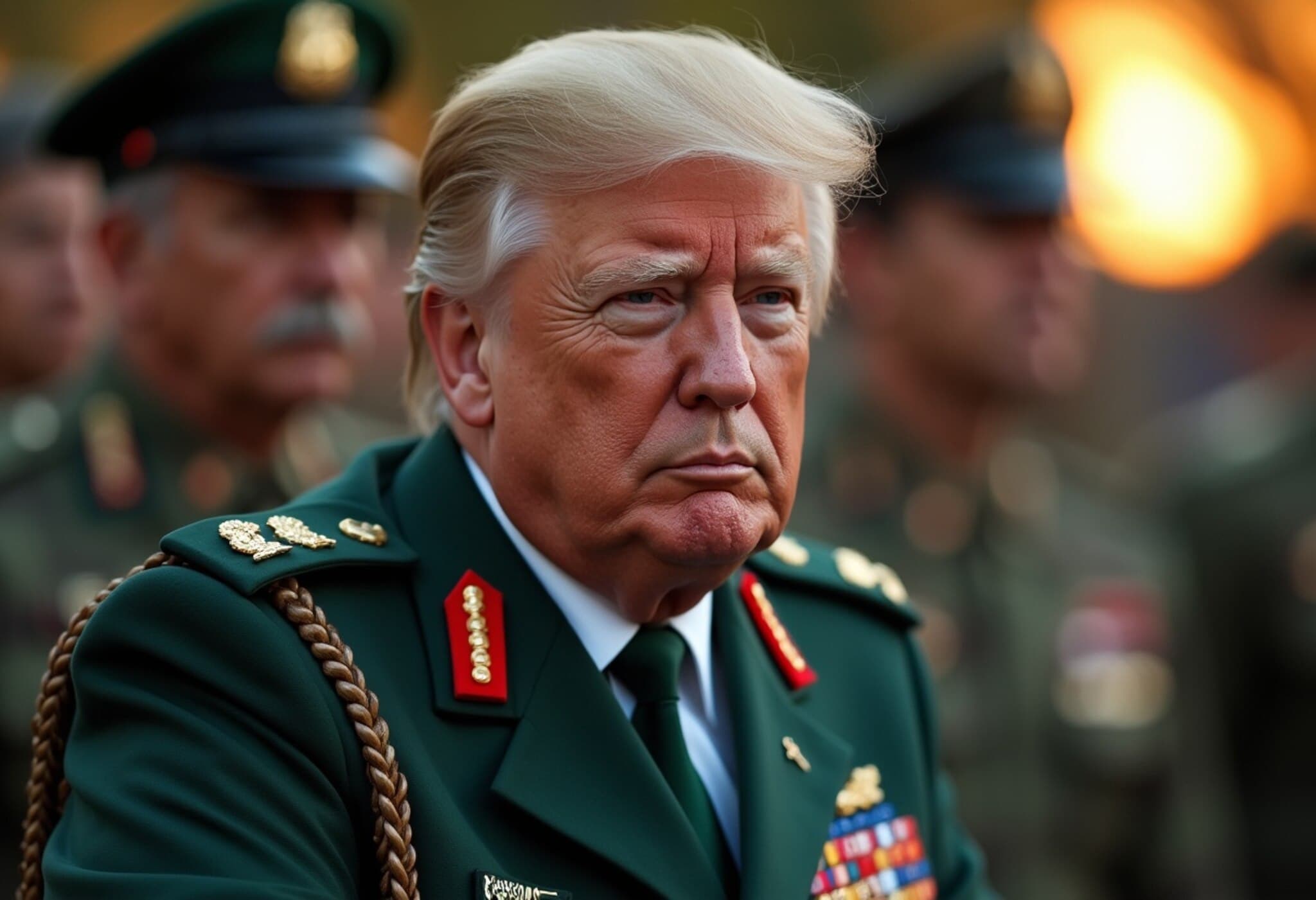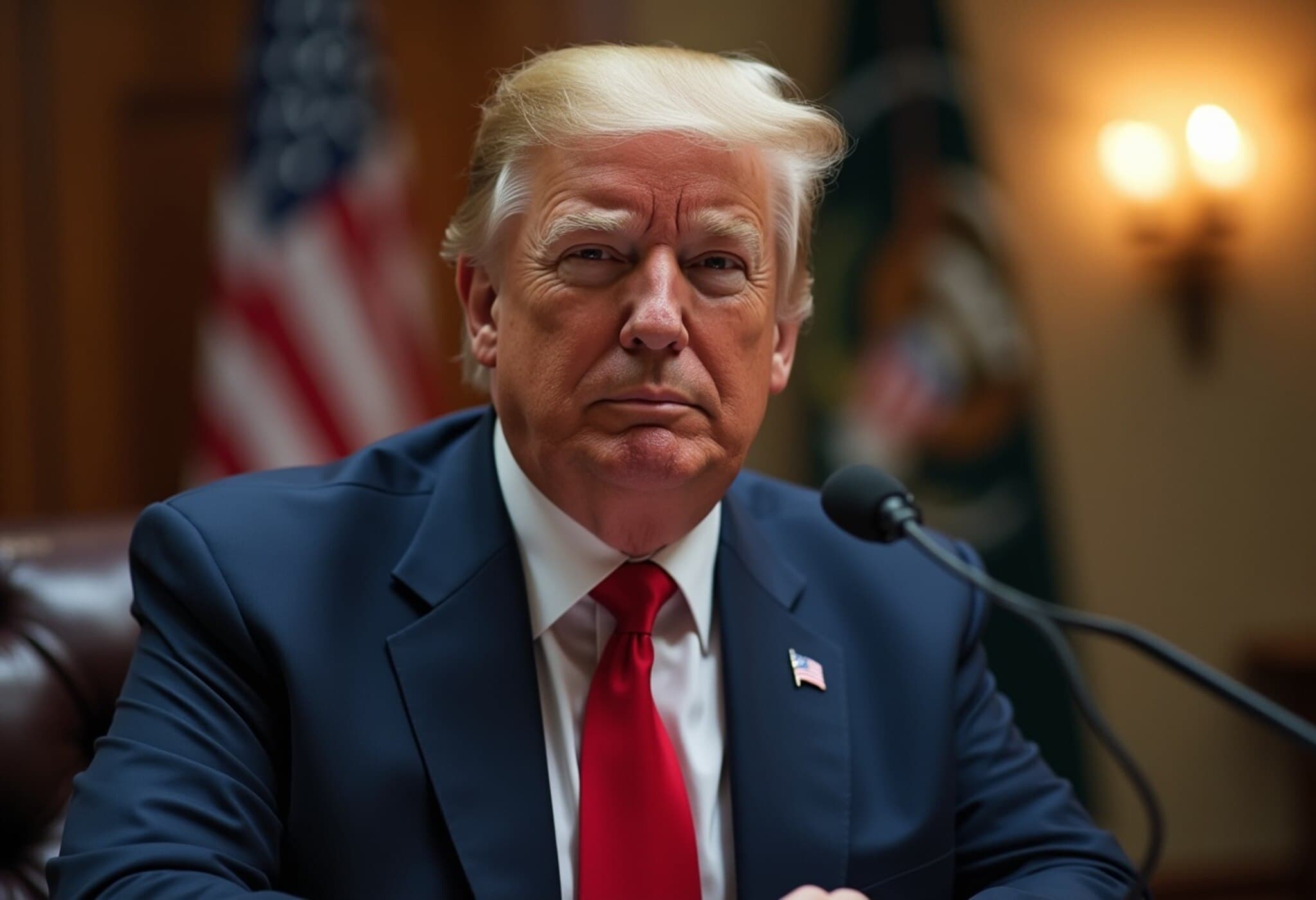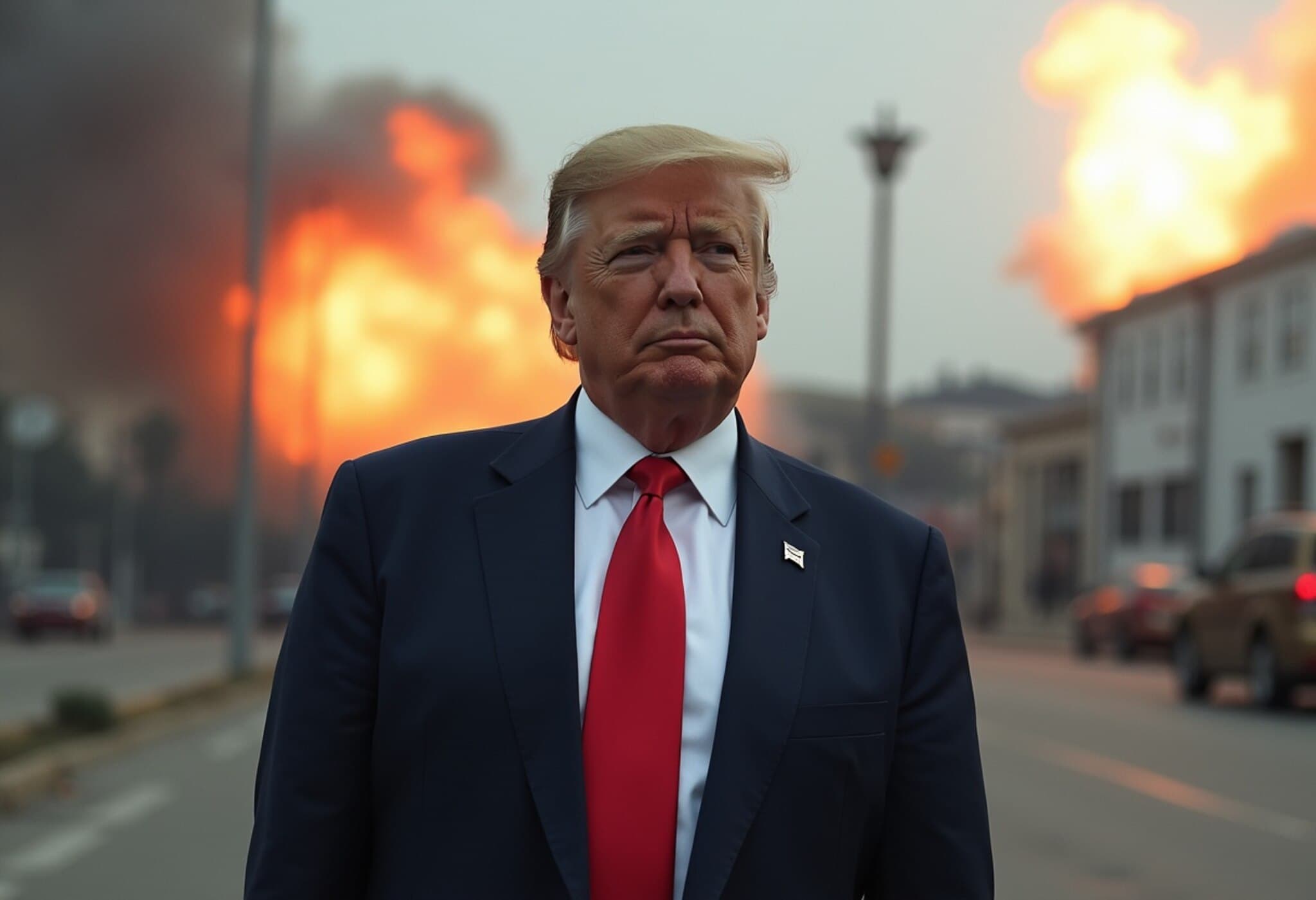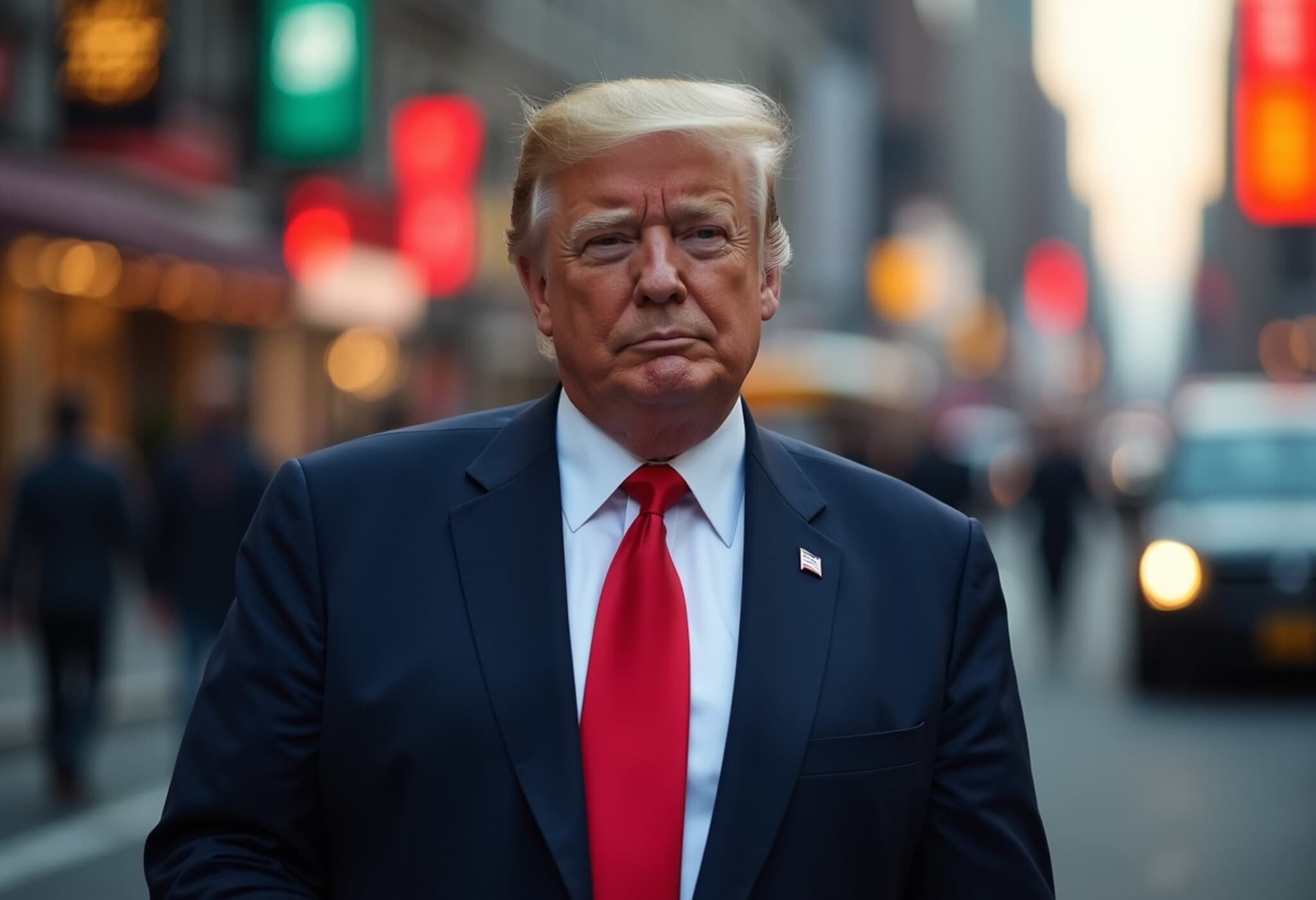Trump Highlights Mediation Efforts in Global Conflicts Amid Nobel Prize Endorsement
In a recent White House meeting, former US President Donald Trump underscored his administration’s role in reducing tensions in some of the world’s most entrenched conflicts, using these claims to back Israeli Prime Minister Benjamin Netanyahu's nomination of him for the Nobel Peace Prize.
Peace Efforts Between Historic Rivals
Trump pointed to several complex international disputes—most notably between India and Pakistan, Serbia and Kosovo, and between the Democratic Republic of Congo and Rwanda—as areas where his intervention helped prevent escalation.
- India and Pakistan: Trump emphasized the critical nature of his administration’s stance, noting that both countries possess nuclear weapons and were on the brink of conflict. He highlighted, “We said we’re not going to be dealing with you if you are going to fight,” framing this approach as a strategic deterrent.
- Other Regions: He similarly credited his team with calming hostilities in the Balkans and Central Africa.
These remarks came as part of an event where Netanyahu formally handed Trump a letter nominating him for the Nobel Peace Prize, lauding his contributions to peacebuilding efforts. Netanyahu remarked, “You played an important role in forging peace one after another.”
Contextualizing Trump’s Claims Amid Current Global Dynamics
While Trump portrays these actions as monumental successes, an expert analysis reveals a more nuanced picture. Efforts under his administration, such as the Abraham Accords—a series of agreements normalizing relations between Israel and several Arab nations—have indeed reshaped parts of the Middle East. Yet, ongoing conflicts, particularly in Ukraine and Gaza, persist despite promises for swift resolutions.
Trump was also critical of current President Joe Biden, blaming him for the escalation of the Russia-Ukraine war: “It’s a Biden-created monster.” He asserted that such a war “would never have happened” under his leadership, a claim that remains hotly debated among foreign policy experts.
Underreported Questions and Broader Implications
This nomination and Trump’s statements raise important questions for public discourse and international relations analysts alike:
- Measuring Peace: How do we objectively assess the effectiveness and sustainability of peace initiatives credited to political leaders?
- Geopolitical Stakes: What are the implications of intertwining award nominations with ongoing political narratives?
- Media Literacy: In an era of polarized media, how can citizens discern between promotional rhetoric and tangible diplomatic achievements?
Experts also note that peace processes are often multi-faceted, involving numerous actors over extended periods, cautioning against attributing credit to single individuals without recognizing broader diplomatic frameworks.
Looking Ahead: The Complex Road to Peace
The Nobel Peace Prize is one of the most prestigious recognitions in international diplomacy, symbolizing hope for global harmony. As political figures like Netanyahu and Trump vie to shape the narrative, the international community watches closely to gauge the lasting impact of their claims and actions.
Ultimately, Trump’s nomination illuminates not only geopolitical complexities but also the role of leadership narratives in shaping public perception of peace efforts worldwide.
Editor’s Note
This development invites us to reflect on what genuine peacebuilding entails beyond headlines and political endorsements. It urges stakeholders and citizens to critically evaluate the substance behind such claims and to remain attentive to the ongoing challenges in global conflict resolution. As nominations and accolades circulate, let us remind ourselves that peace is a collective journey requiring trust, patience, and unwavering commitment from all involved.

